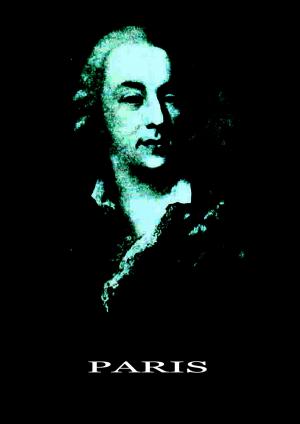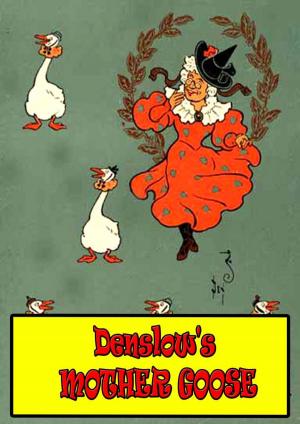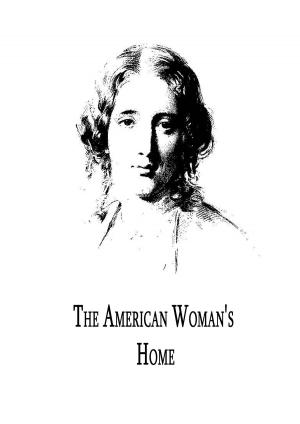| Author: | Victor Hugo | ISBN: | 1230000036862 |
| Publisher: | Zhingoora Books | Publication: | December 5, 2012 |
| Imprint: | Language: | English |
| Author: | Victor Hugo |
| ISBN: | 1230000036862 |
| Publisher: | Zhingoora Books |
| Publication: | December 5, 2012 |
| Imprint: | |
| Language: | English |
Christmas Summary Classics
This series contains summary of Classic books such as Emma, Arne, Arabian Nights, Pride and prejudice, Tower of London, Wealth of Nations etc. Each book is specially crafted after reading complete book in less than 30 pages. One who wants to get joy of book reading especially in very less time can go for it.
Notre Dame de Paris
Victor Hugo was already eminent as one of the greatest dramatic poets of his day before he gave to the world, in 1831, his great tragic romance, "Notre Dame de Paris," of which the original title was "The Hunchback of Notre Dame." Hugo has said that the story was suggested to him by the Greek word anagke (Fate), which one day he discovered carved on one of the towers of the famous cathedral. "These Greek characters," he says, "black with age and cut deep into the stone with the peculiarities of form and arrangement common to the Gothic caligraphy that marked them the work of some hand in the Middle Ages, and above all the sad and mournful meaning which they expressed, forcibly impressed me." In "Notre Dame" there is all the tenderness for sorrow and sympathy for the afflicted, which found even fuller and deeper expression thirty years later in "Les Misérables"; while as a study of the life of Paris of the Middle Ages, and of the great church after which the romance is called, the book is still unrivalled.
Christmas Summary Classics
This series contains summary of Classic books such as Emma, Arne, Arabian Nights, Pride and prejudice, Tower of London, Wealth of Nations etc. Each book is specially crafted after reading complete book in less than 30 pages. One who wants to get joy of book reading especially in very less time can go for it.
Notre Dame de Paris
Victor Hugo was already eminent as one of the greatest dramatic poets of his day before he gave to the world, in 1831, his great tragic romance, "Notre Dame de Paris," of which the original title was "The Hunchback of Notre Dame." Hugo has said that the story was suggested to him by the Greek word anagke (Fate), which one day he discovered carved on one of the towers of the famous cathedral. "These Greek characters," he says, "black with age and cut deep into the stone with the peculiarities of form and arrangement common to the Gothic caligraphy that marked them the work of some hand in the Middle Ages, and above all the sad and mournful meaning which they expressed, forcibly impressed me." In "Notre Dame" there is all the tenderness for sorrow and sympathy for the afflicted, which found even fuller and deeper expression thirty years later in "Les Misérables"; while as a study of the life of Paris of the Middle Ages, and of the great church after which the romance is called, the book is still unrivalled.
![Cover of the book Notre Dame de Paris [Christmas Summary Classics] by Victor Hugo, Zhingoora Books](https://www.kuoky.com/images/2012/december/500x500/1230000036862-jQSC_500x.jpg)



![Cover of the book The Papers of the Forest School Master [Christmas Summary Classics] by Victor Hugo](https://www.kuoky.com/images/2012/december/300x300/1230000036880-lCjN_300x.jpg)










